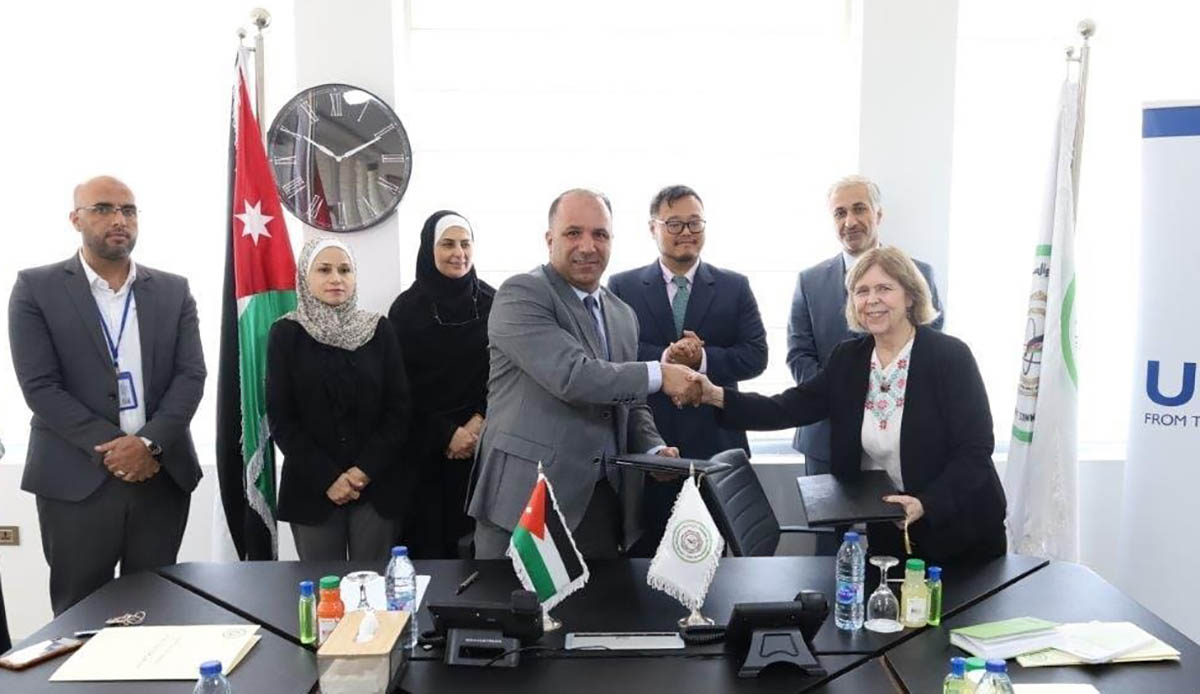AMMAN — The Energy and Minerals Regulatory Commission (EMRC) and the United States Agency for International Development (USAID) on Tuesday signed an agreement to implement a data and information management system in the energy sector.
The agreement aims to increase transparency in data collection and enable the EMRC to better respond to the evolving needs of the energy sector by establishing a national information system, according to the Jordan News Agency, Petra.
EMRC Chairman Zeyad Saaida, who signed the agreement with Marie Warzala, programme director of the USAID-funded Energy Sector Support Activity, said that the forthcoming National Energy Sector Information System will serve as a centralised database using modern information technologies.
The system will play an important role in the government's strategic planning process and will provide the public insight into the sector's status. The system is designed to be accessible to all individuals and institutions, with the exception of confidential information as defined by EMRC guidelines, Saaida said.
Warzala said that the USAID-funded Energy Sector Support Activity programme aims to support Jordan in implementing economic reforms within public sector institutions, promoting self-reliance and realising sustainability drivers.
Richard Chen, director of USAID's Office of Economic Development and Energy, said that technical assistance will be provided to the EMRC to build their capacity, strengthen the regulatory and oversight framework for the sector, promote sustainability and ease access to energy self-reliance.
